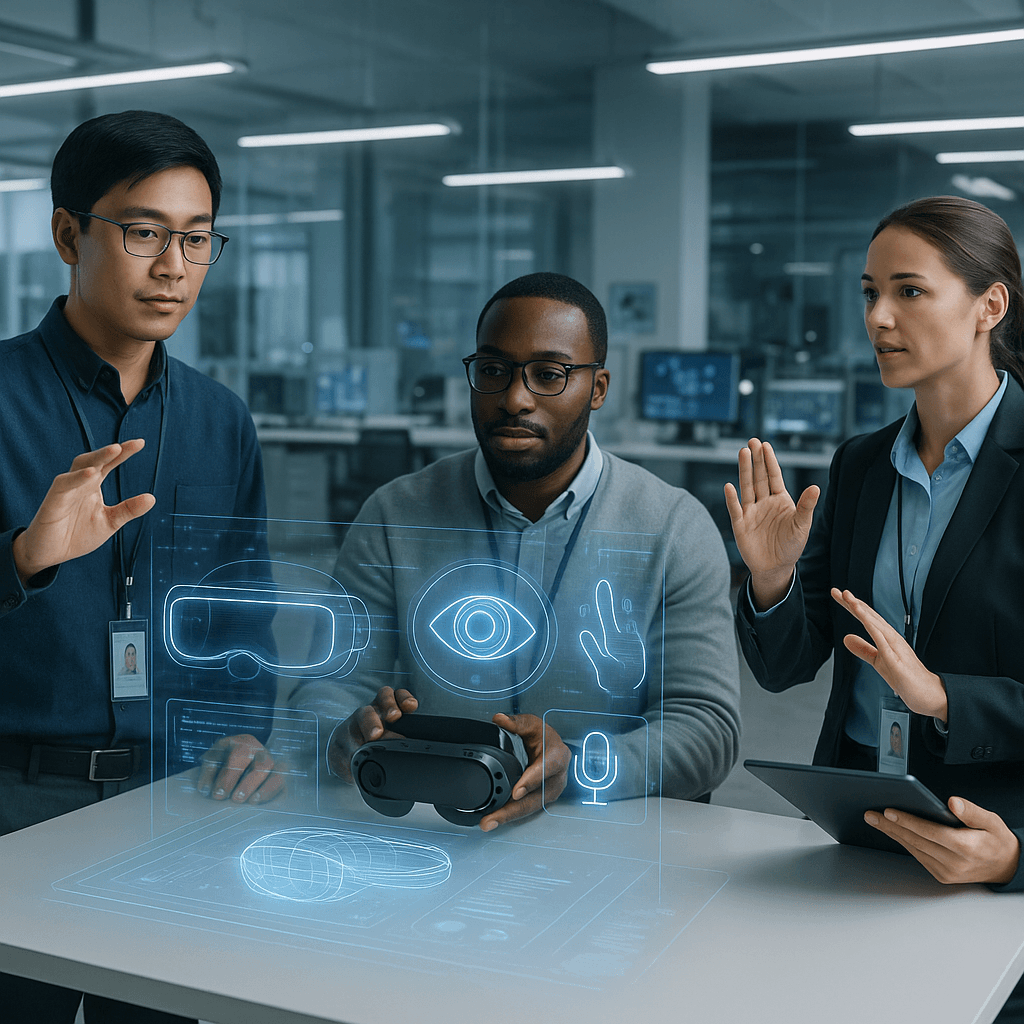Google just wrapped its 18th annual Zeitgeist summit in California, bringing together 200+ global leaders to tackle AI's role in healthcare breakthroughs and next-gen energy solutions. The exclusive gathering featured Nobel laureate Jennifer Doudna discussing CRISPR-AI fusion and deep dives into robotics driving future productivity - signaling Google's strategic bets beyond search and cloud.
Google just concluded its most ambitious Zeitgeist gathering yet, and the tech giant's strategic priorities are coming into sharp focus. The 18th annual summit in California wasn't just another corporate networking event - it was a carefully orchestrated showcase of where Google sees the biggest opportunities for AI integration across industries that matter most.
The standout moment came when Nobel Prize winner Jennifer Doudna sat down with Dr. Eric Topol to explore how CRISPR gene editing is merging with artificial intelligence to revolutionize healthcare. Moderated by Google's AI chief James Manyika, the session revealed how Google's DeepMind breakthroughs are already accelerating drug discovery timelines. According to internal sources familiar with the discussions, this represents a major strategic pivot for Google's healthcare investments.
But healthcare wasn't the only sector getting Google's attention. Katie Couric led a fascinating panel featuring David Friedberg from The Production Board and prominent VC Sarah Guo, focusing on robotics and fusion energy as the next productivity frontier. Ben Gilbert joined the conversation, highlighting how these technologies could reshape entire industries within the next decade. The timing isn't coincidental - Google's been quietly investing in robotics startups and energy infrastructure plays throughout 2024.
What's particularly telling is how Google structured these conversations around productivity gains rather than just technological novelty. The company gave attendees exclusive access to its AI Quantum Lab, demonstrating real-world applications that go far beyond the chatbot wars dominating headlines. This hands-on approach signals Google's confidence that it's moving beyond proof-of-concept into deployment phase.
The business side wasn't ignored either. Google CFO Ruth Porat sat down with Martha Stewart to discuss entrepreneurship in an AI-driven economy, while heavyweight economists Andrew Ross Sorkin, Mohamed El-Erian, and Michael Spence tackled the broader economic implications of rapid technological change. These aren't random pairings - they reflect Google's understanding that successful AI deployment requires buy-in from both financial markets and established business leaders.












